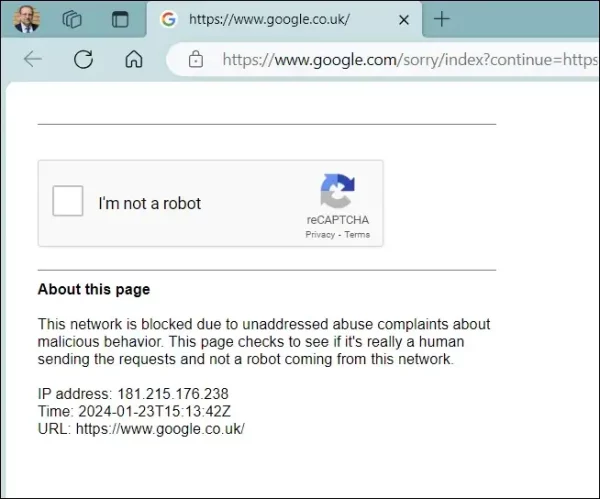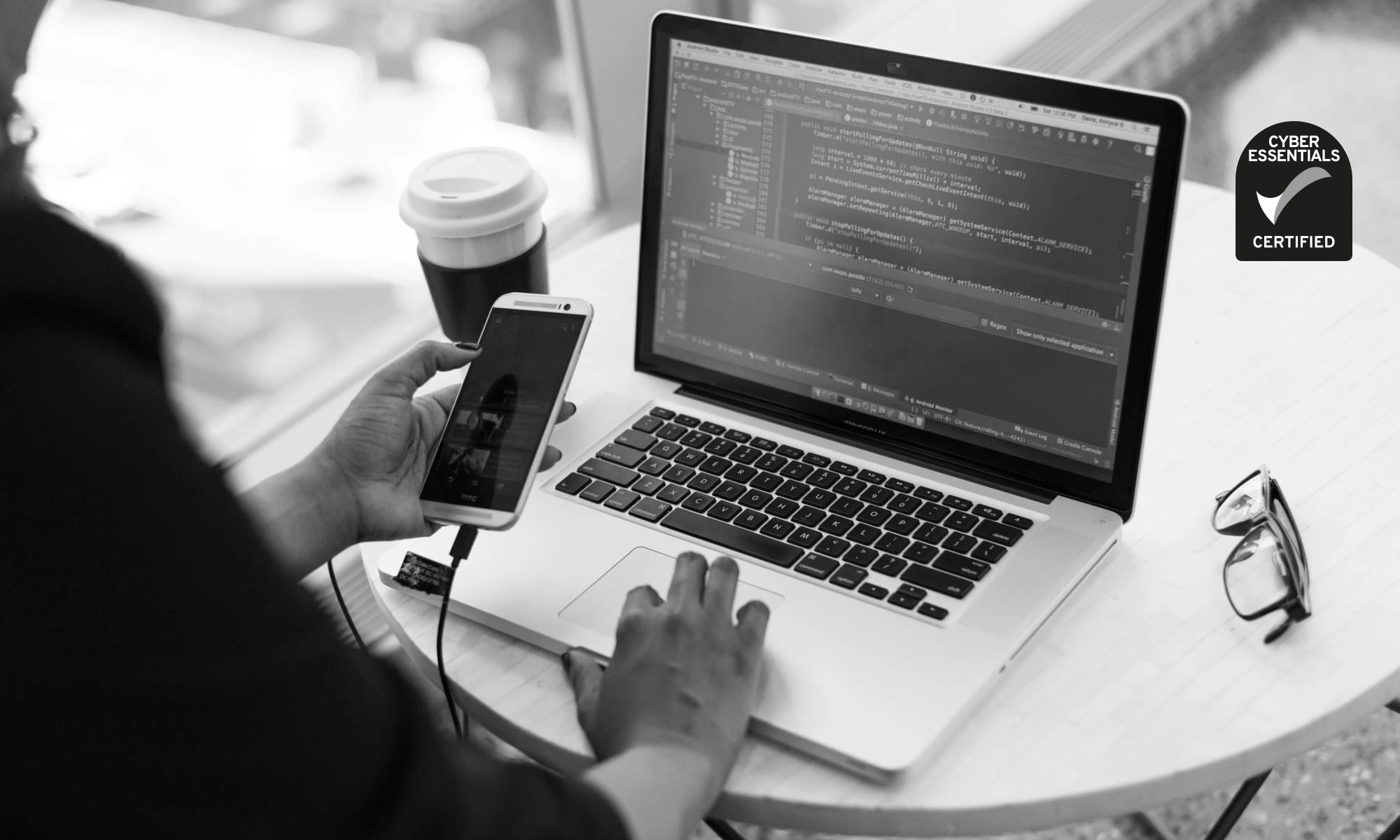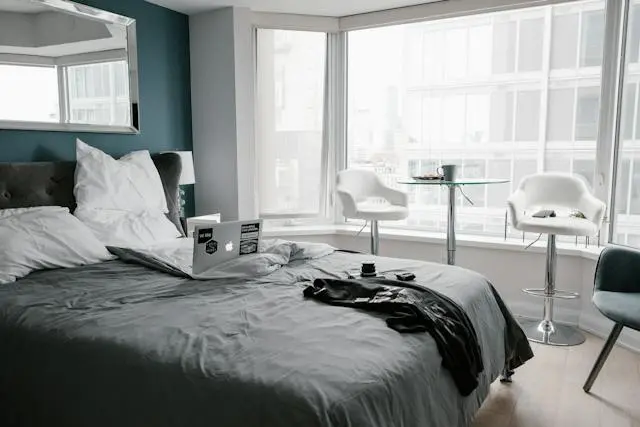This is a follow-on article to last week’s article Let’s Talk About Your VPN. You should read that article first, to save me having to explain what a VPN is and why I am talking about them now.
VPN Issues
I spent last week talking up the cyber security advantages of your VPN, but all is not shiny in the world of secure VPN connections.
When you are using a VPN, services you connect to can detect that you are trying to enhance your anonymity and security and can take actions to limit your access to their services. Google does not like me using a VPN when I am on an internet connection that I think might be insecure. Maybe it is because it does not like the VPN I am using but of course, using a VPN means I am denying Google some of that juicy personal information they like. I could go through the “I am not a robot” game but then again, I can just use Bing.

When using a VPN service, you cannot be responsible for the actions of others on the same service.
Your VPN when not travelling.
A VPN is not only for when you travel. You should consider using one whenever you need a secure, private connection across the internet. We have set up many VPNs for our clients so their people (and systems) can connect to resources at the main office from any other location – home, a client’s office, a hotel, café, etc.. Many of these (but not all) work though a managed VPN device located within the main office security, giving you the reassurance of privacy. However, this is only true as long as you keep the VPN device up to date with updates and security patches – something that you are not responsible for if you buy a VPN service.
The Bank
As I have explained, a VPN does offer you anonymity, and sometimes this is a good thing, and other times it is not. Our business banking app does not like anonymity and does not allow a VPN connection – this is a good thing, but it does cause Diana an issue when we are travelling and she needs to do her job. She cannot use the resort Wi-Fi for banking, but her solution is to use the personal hotspot on her iPhone to connect her laptop to the bank.
Final thought…
Of course, Diana’s banking solution could also be another solution for public networks – don’t use them and rely on the internet on your phone and your hotspot.
Clive Catton MSc (Cyber Security) – by-line and other articles
p.s. There is just one article this week shared between Smart Thinking Solutions and CyberAwake.
Further Reading
Photo by Andrew Neel


